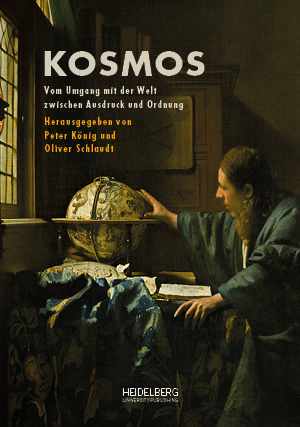Zitationsvorschlag
Identifier (Buch)
Veröffentlicht
Viele Welten, viele Möglichkeiten und die Begrenzung des Menschen: Atomistische Ethik und Wissenschaftstheorie
Abstract This paper addresses the ancient theory of the Many Worlds as formulated by Democritus, Epicurus, and Lucretius in their atomistic doctrines between the fifth and first century BCE. Their teachings radically challenge the notion that our own local cosmos is the only one. In letters, in the doctrines of Epicurus, and in the great verse epic De rerum natura of Lucretius, both the plurality of worlds and the epistemological basis of the terrestrial standards are subjected to a fundamental critique. In the Many Worlds theories examined here, the relationship of the observer to the object of his observation is always also thought of as a limiting and relational perspective. In the drafts, epistemological premises and ethical conclusions are formulated which, despite or precisely because of this de-limitation of the possibilities of the universe, repeatedly recall the conditions of human existence. The premise of many possibilities allows us to think about the many worlds without the biblical gesture of submission. The ethical and epistemological position and limitation of the observer serves as a philosophical foil for astrophysical many worlds theories of the twenty-first century, which are briefly introduced.
Keywords Many Worlds theory; atomism; ethics of limitation; epistemology; human scale; multi-causality; participant observation; tactile perception; Epicurus







